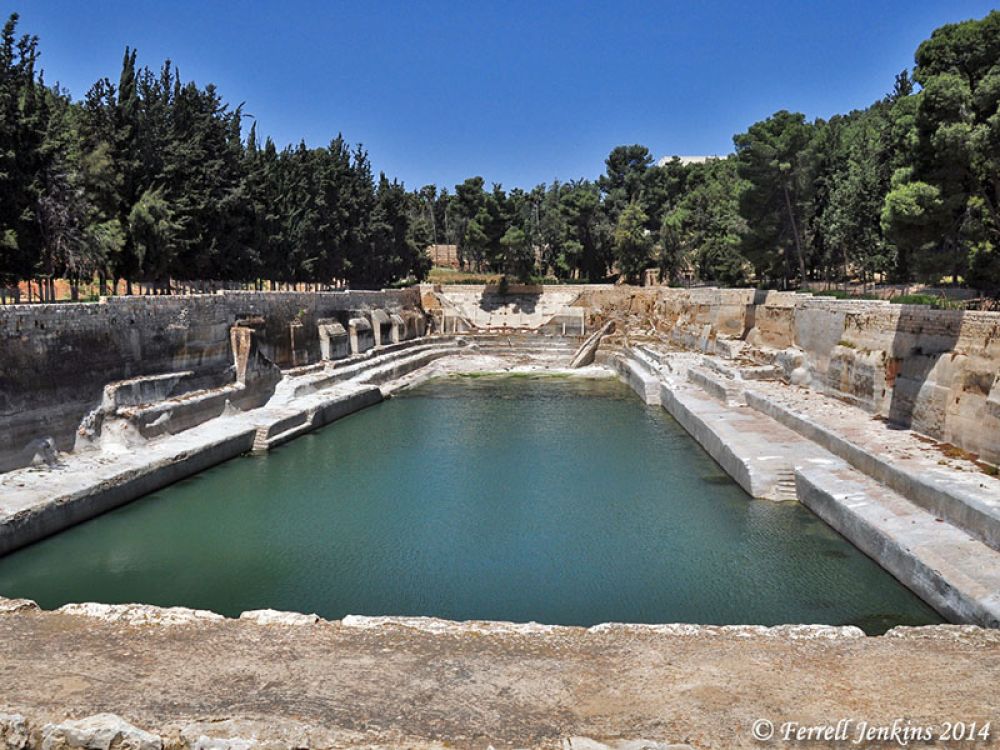

Solomon's Pools are an ancient water-storage system located near Bethlehem, in the West Bank, part of the Palestinian Territories. Despite their association with King Solomon, they actually date back to the Hellenistic period which is around the 2nd or 1st century BCE. These pools were a part of a sophisticated aqueduct system that supplied water to the city of Jerusalem and played a vital role in the area's water management through the ages.
The pools are named after the biblical King Solomon based in part on a passage from the Book of Ecclesiastes which suggests his role in creating gardens and pools. However, historical evidence indicates that the pools were built by Herod the Great or possibly even later Roman engineers. They were renovated and expanded by Pontius Pilate, the Roman governor of Judaea, in the 1st century CE. The Ottomans also maintained and utilized the pools, ensuring the continued importance of the site through different epochs.
Tourism at Solomon's Pools has gone through several phases. Initially, it was driven by the religious and historical significance of the area. Pilgrims and travelers would stop at the pools on their journey to Jerusalem. In the 19th and early 20th centuries, with the advent of Biblical archaeology, interest in the site increased significantly.
The establishment of Israel in 1948, and the subsequent geopolitical tensions, had a profound impact on tourism in the area. Access to Solomon's Pools fluctuated with the changing control of the West Bank territories. After the Six-Day War in 1967, and especially with the signing of the Oslo Accords in the 1990s, there was a significant increase in the number of visitors to Palestinian-controlled areas, including the site of Solomon's Pools.
In recent years, tourism at Solomon's Pools has been characterized by a push towards sustainable and responsible travel. Local authorities and international organizations are working to preserve the pools and their surroundings, not only for their historical value but also to ensure they can be enjoyed by future generations.
Cultural events and festivals are also now a part of the experience, with the former water reservoirs serving as a unique venue for performances and local celebrations. Visitors are encouraged to explore the surrounding area, which includes lush gardens, walking trails, and a growing number of small scale tourist facilities, such as cafes and souvenir shops, run by the local community.
The digitalization of travel has also influenced tourism to Solomon's Pools. Virtual tours, online informational content, and social media have made the site more accessible to international audiences. Despite the ongoing political complications in the region, Solomon's Pools remain a testament to human ingenuity and resilience and continue to attract visitors with their serene beauty and rich history.
The story of Solomon's Pools reflects the broader narrative of the land they reside in - one marked by layers of history and the comings and goings of different civilizations. As a site of both historical ingenuity and natural beauty, it stands as a poignant reminder of the region's complex past and as a beacon for more collaborative and sustainable approaches to tourism in the future.